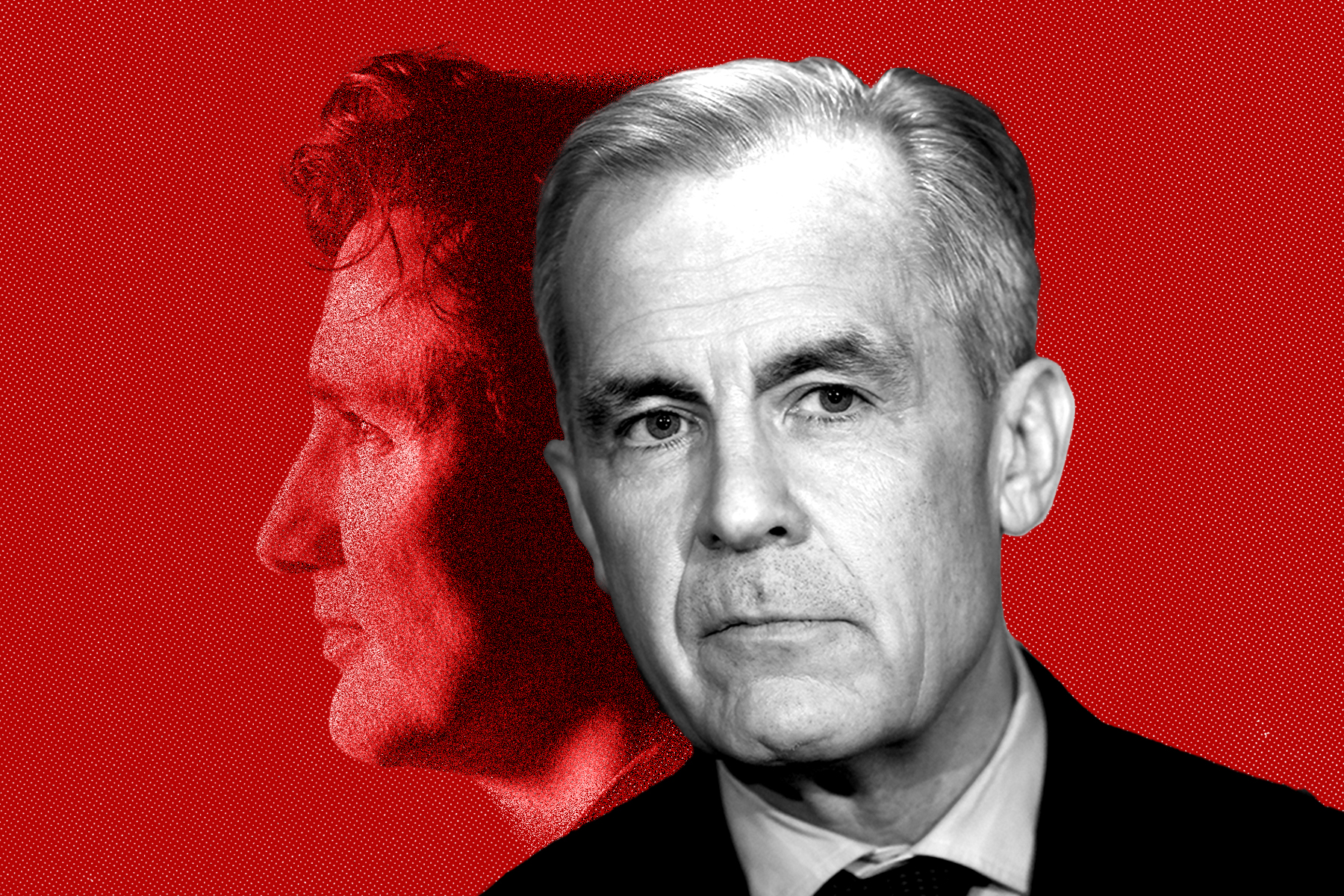
"E ven before he took office, United States president Donald Trump was talking about annexing Canada, posting on Truth Social in mid-December, "I think it's a great idea. 51st state!!!" Trump's statements have grown more threatening, and as the issue of sovereignty has become a unifying cause for Canadians, it emerges as the most urgent existential issue of the election."
"For Indigenous nations, these threats have a familiar ring. For generations, they have been told that assimilation is in their best interests by a nation with its hungry gaze fixed on their abundant natural resources, a capricious ally who has shown it will break treaties and agreements when convenient."
"As Canadians strive to distinguish themselves from Americansâa national pastime infused with new urgencyâone way to do so is to demonstrate that this kind of relationship between nations is possible."
"But as Mark Carney and Pierre Poilievre jostle for the job of squaring off against Trump, neither has much to say about Indigenous rights and how they fit into this rousing spectacle of nationalism."
The article discusses President Trump's alarming comments about the potential annexation of Canada and how this has galvanized Canadians around the issue of sovereignty. For Indigenous nations, the threats echo historical assimilation pressures. The piece emphasizes the need for empathy from Canadians towards Indigenous peoples' cultural identities, as both groups seek respect for treaties. While political leaders like Mark Carney and Pierre Poilievre are focused on nationalism devoid of significant discourse on Indigenous rights, the article underscores the urgency of advocating for Indigenous issues in the face of external threats.
Read at The Walrus
Unable to calculate read time
Collection
[
|
...
]